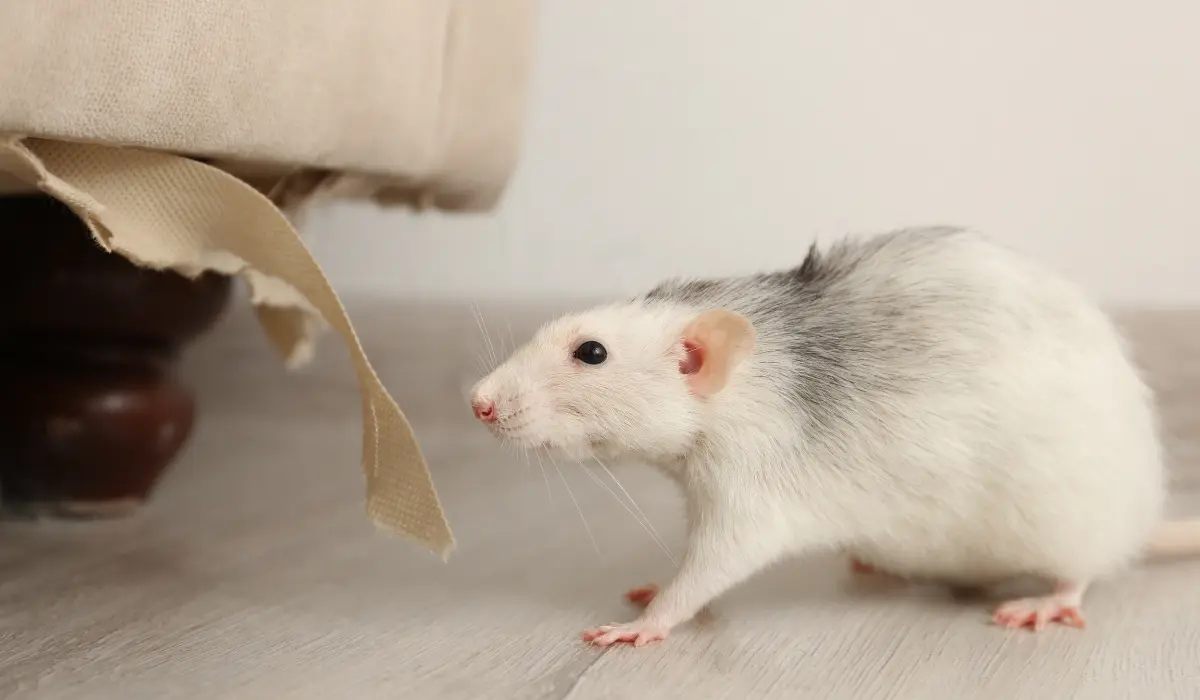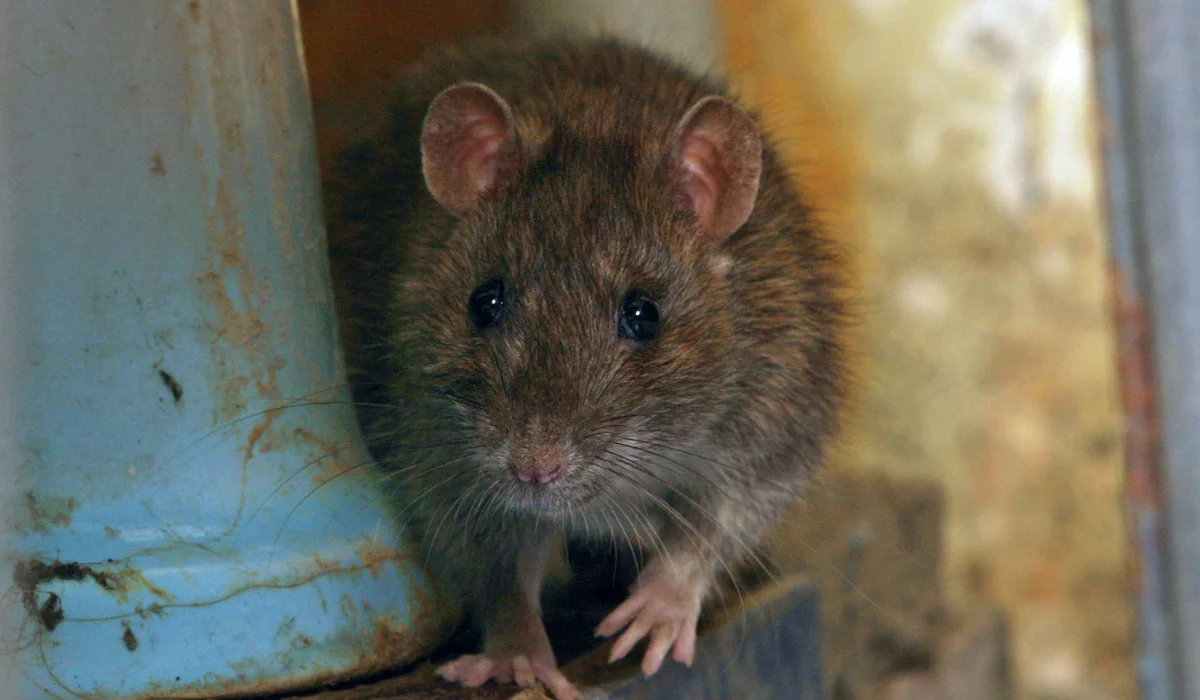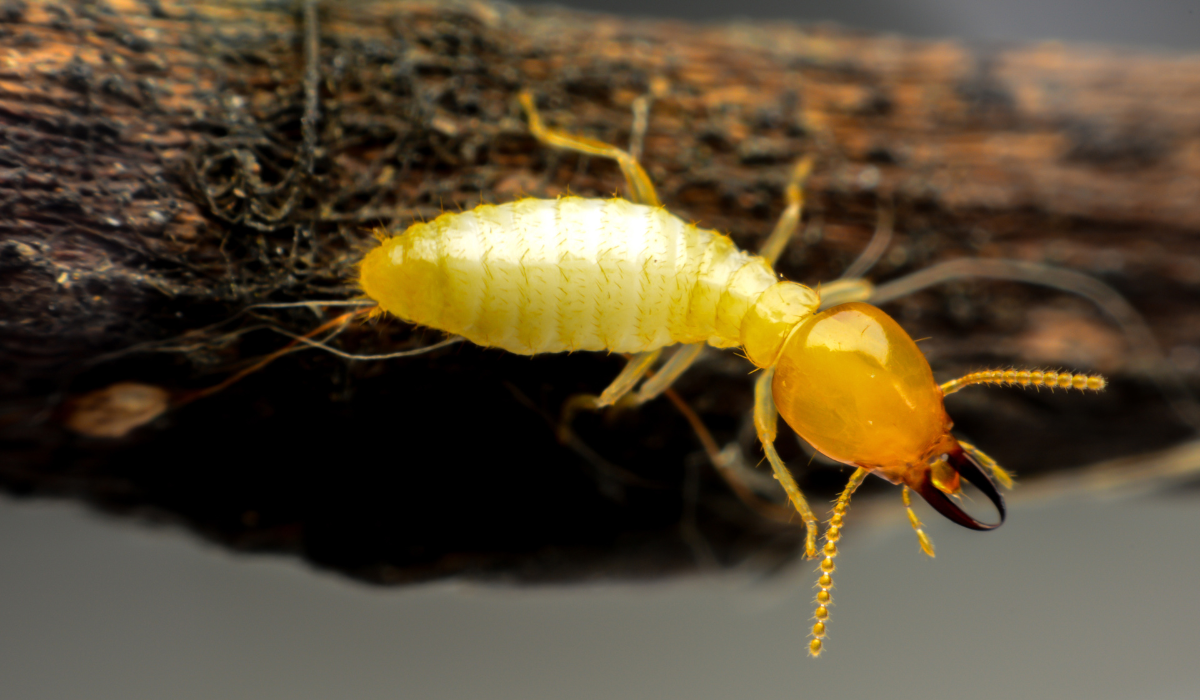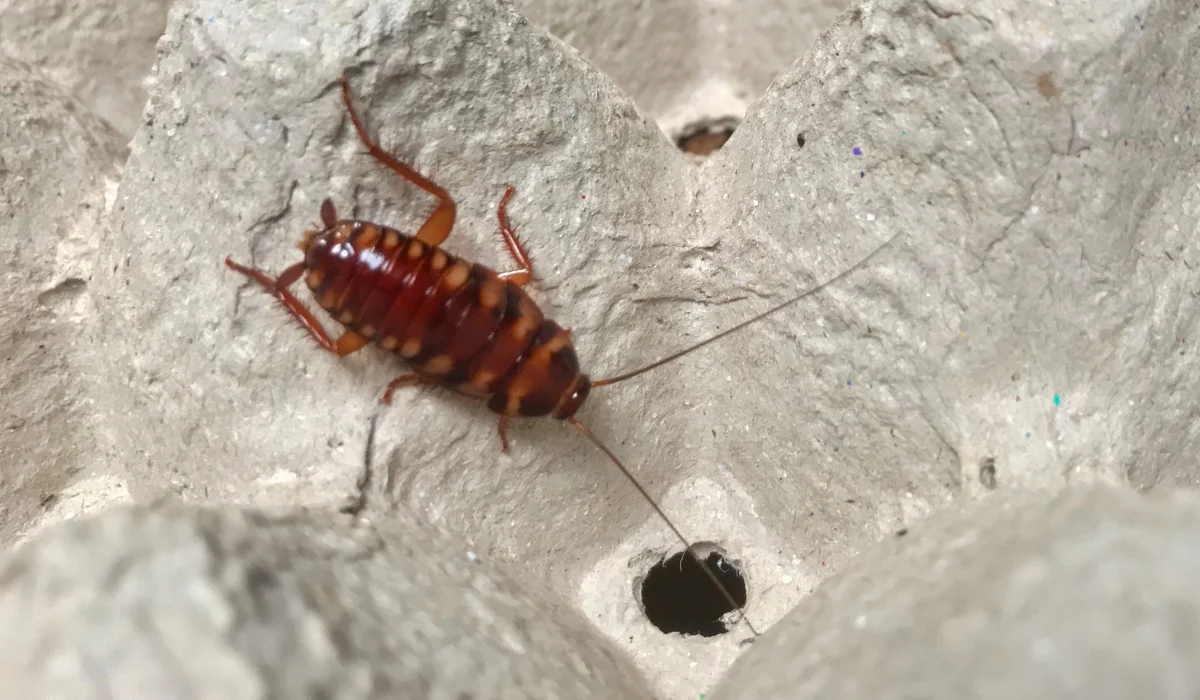When it comes to signs of a bad mouse infestation, several key indicators can alert you to the problem. One of the most obvious signs is finding rodent droppings around your home, or hearing scratching noises in your walls or ceilings at night.
Keep reading to learn all the signs of an infestation to look out for.
Key Takeaways
- Early signs of a mouse infestation include faint noises at night and subtle marks on walls, which can be early warnings if observed.
- As the infestation worsens, more obvious signs, such as frequent mouse droppings, gnaw marks, and visible nests, become common.
- Severe infestations show clear indicators, such as daytime mouse sightings, strong urine odors, and significant health risks from diseases.
- Professional pest control services provide thorough inspections and specialized treatments to tackle rodent infestations comprehensively.
SIGNS OF A MOUSE INFESTATION
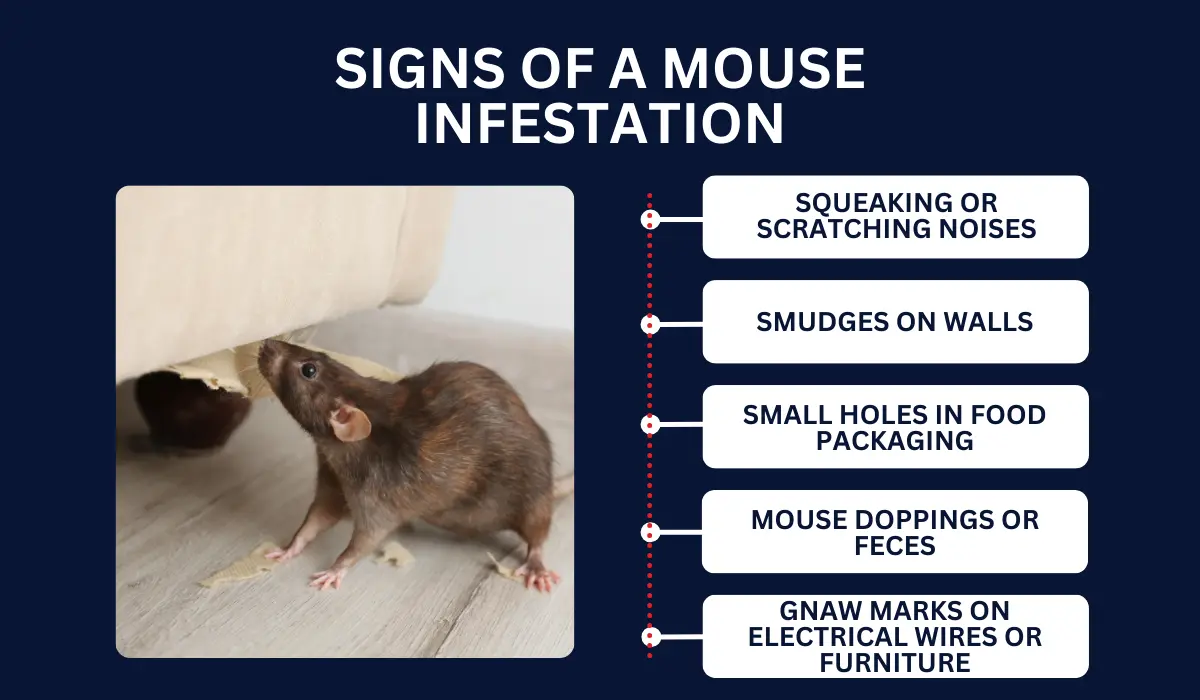
In the early stages, mice leave subtle clues. You might hear faint scurrying at night as they are nocturnal creatures.
Occasionally, there might be unexplained squeaking or scratching noises. These small noises can be initial indicators that may also change pet behavior, including unexplained restlessness.
There are also small signs like new smudges on walls or small holes in food packaging. Such signs can be difficult to notice, but being attentive can help identify them early.
As the infestation progresses, common signs become more apparent. More signs of litter, like mouse droppings or feces, start appearing more frequently.
You might also spot gnaw marks on electrical wires, furniture, and other objects. The presence of mice nests, made from soft materials like clothing or cardboard, becomes more evident. These nests are often hidden in closets, furniture, or cabinets.
The Clear Signs of Severe Mouse Infestation
A severe infestation presents unmistakable telltale signs that are hard to ignore.
Frequent daytime sightings of live pests indicate a high population. In addition, a strong ammonia-like smell from mouse urine becomes prevalent.
You may also face a higher risk of exposure to diseases carried by infected house mice, such as leptospirosis and hantavirus. Dead mice and extensive damage to food packaging and other household items emphasize the rodent problem.
HOW TO PREVENT ANOTHER MICE INFESTATION
Preventing and getting rid of mouse infestation requires attention to detail and regular maintenance. As homeowners, you can keep your home rodent-free with these strategies:
- Use a black light to scan your home to spot visual clues of rodent urine.
- Seal all food sources and pet food in sturdy containers and clean up spills.
- Keep crawl spaces and basements dry and well-ventilated.
- Choose an appropriate mouse trap according to your preference and situation.
- Identify and seal any entry points where mice can enter your home.
- Trim tree branches within 3 feet of the foundation to limit nesting materials.
- Use steel wool to block smaller holes where mice might enter.
- Set up traps along mice runways and baseboards.
- Frequently check baseboards, runways, and potential entry points.
- Keep storage areas tidy and debris-free where mice could nest.
TIME TO CALL THE EXPERTS?
If you think you might have a mouse problem, it’s smart to know when to get pest control experts. Spotting more than one mouse or rat dropping after your DIY treatment can mean you have a bigger problem.
Whether you’re in Baton Rouge or New Orleans, seeking expert help should be easy. For immediate intervention for a severe infestation, let Lajaunie’s mice control specialists tailor a solution that’s right for your home.
For more information about the areas we service, visit our location page.
 By: LaJaunie's Pest Control
By: LaJaunie's Pest Control 